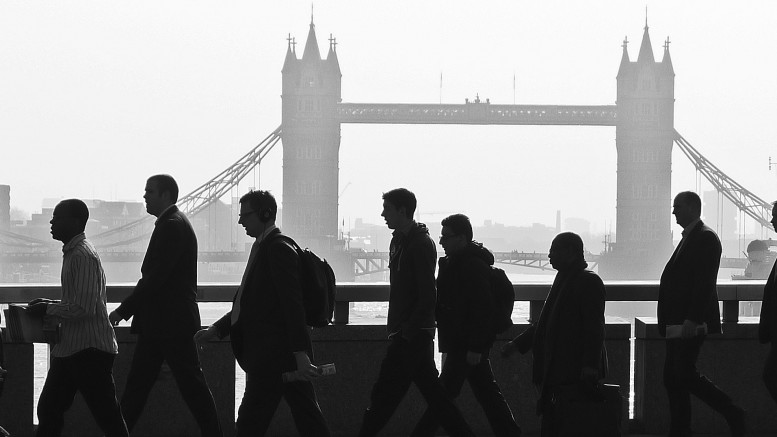“The sector is recovering; investors are going back to the arena again. It is a moment of great fragility that we must seize so as to strengthen the City once again,” Mr Hay points.
When he says “great fragility”, Hay refers to the huge cluster of frauds and irregularities revealed by several investigations about some of the benchmarks for billionaire transactions all over the world.
Not surprisingly, David Cameron’s coalition government has granted new powers to the Financial Conduct Authority (FCA) regulator on October.
“After the many scandals that have casted a shadow on the reputation of the British financial services industry, the FCA will supervise the institutions, firms and individuals taking part in the selection process of the exchange rates within the currency market (which has a volume above $5 billion), of the nocturnal interbank credit, of the several derivative contracts, of the precious metals like gold and silver, or of the Brent oil’s futures contracts.
Downing Street’s programme is as ambitious as deep is the hole in the confidence on the larger financial centres from the West. But, is it possible that it is something worse? Can it be a “cultural” problem that goes beyond the City?
Besides the announcement of a stricter and more executive FCA, the audit firm Deloitte confirmed that it has already started independent investigations regarding the largest European supermarket’s accounts, that is, the British Tesco. 250 million pounds inflated the firm’s earnings from last quarter. Consequences were not pleasant: four directors were suspended, 2 billion of capitalization disappeared and the value of the shares plummeted to its lowest level in 11 years. The behaviour of the components in the FTSW 100 are the main suspects.
The revenge of the “real economy”
The largest union in the country, Unite, has already claimed a better wealth distribution that creates the so-called UK Corp. Avoiding the “unfair diversion of income towards very few pockets” will promote a more virtuous governance, according to critics. However, the demand for increasing the basic salary by 1.5 pounds/hour (up to 7.81) will have an impact also on the small and medium businesses.
Labour MEPs, however, estimate that the extra 1,400 pounds that around 4.6 million workers who earn the minimum wage receive would inject 2,1 billion in the UK’s economic system and would also create around 30,000 new jobs. The Labour party now talks about eight pounds per hour –if they obtain a majority in the 2015 elections.
Both analysts and economists agree on the need of taking action. And fast.
“Stimuli in the British economy were heralded by the government, who has inflated the housing market during enough time so as to have results before next year’s elections”, the director of the Business Department at the Herald newspaper, Ian McConnell, strongly denounces. “Consumers keep on spending money while interest rates remain at historical minimums,” he adds.
In fact, state finances have suffered the same fate. Andrew Sentance, economic advisor at the auditor firm PwC, warned that between April and August 2014, the United Kingdom has borrowed 2.6 billion more than in the same period of 2013. Sentance says that the target set by Chancellor Osborne of reducing the credit account below 100 billion seems virtually impossible.
Will the British electors trust the general accounts of the UK proposed by the Conservative Party? Surveys show that voters trust the tandem Cameron-Osborne up to 25% more than the opposition –in the economic affairs at least. But they also show that people now realises that, for the first time since mid-2009, the evolution of the medium salary has been negative.
In the next months we will see how the Coalition combines solutions so as to satisfy the micro demands without worsening the macro conditions. So far, the trend is optimistic: they expect to end 2014 with a 6% unemployment.
*Image: Chris Brown






Be the first to comment on "UK: Reputation can’t be bought at the supermarket"